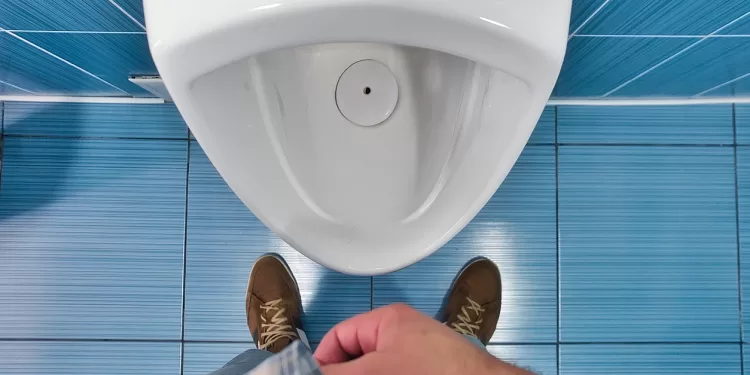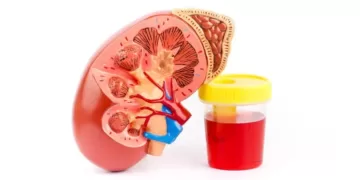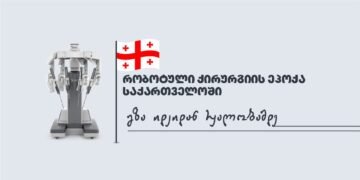Decreased flow of urine or retention of urine is a common urinary problem that can be caused by various pathologies. It is characterized by a slow or intermittent flow of urine and difficulty emptying the bladder completely. This can lead to discomfort and bladder infections, kidney damage, and other complications. In this article, we will explore the potential causes of decreased flow of urine or retention of urine, as well as diagnostic methods and treatment options.
Decreased urine flow – common causes:
- Enlarged prostate, is a condition that affects mostly men over the age of 50. An enlarged prostate can put pressure on the urethra, making it difficult for urine to flow out of the bladder.
- Bladder outlet obstruction which can be caused by an enlarged prostate in men and pelvic organ prolapse in women. It can cause a decreased flow of urine and a feeling of fullness in the bladder even after urination.
- Bladder cancer can also cause a decreased flow of urine, as well as blood in the urine, pain during urination, and a frequent urge to urinate.
- Certain types of kidney stones can cause a decreased flow of urine, as well as pain in the back, side, or lower abdomen, and blood in the urine.
- Certain types of medications can cause a decreased flow of urine, such as diuretics and alpha-blockers.
- Certain types of medical conditions such as diabetes can also lead to bladder problems.
Diagnosis:
The diagnosis of reduced urine flow or urinary retention will depend on the underlying cause. Your doctor should perform a physical exam and ask you about your symptoms and medical history. A urinalysis may also be ordered to check for other underlying conditions. Imaging tests, such as computed tomography or ultrasound, may be done to examine the bladder and other urinary tract organs.
Treatment:
Treatment for reduced urine flow or urinary retention will depend on the diagnosis. Treatment options for an enlarged prostate include medications such as alpha-blockers or surgery.
Karazanashvili Robotic Center offers Urine Reduction Treatment with world-class methods! Contact us: +995 595 23 30 23
The article was published in 2023.











